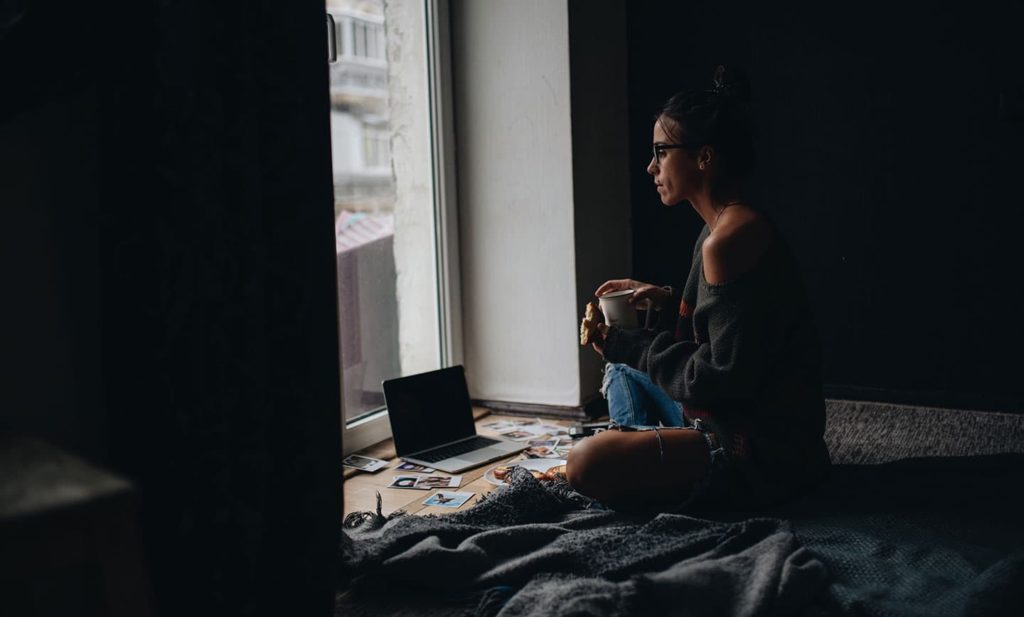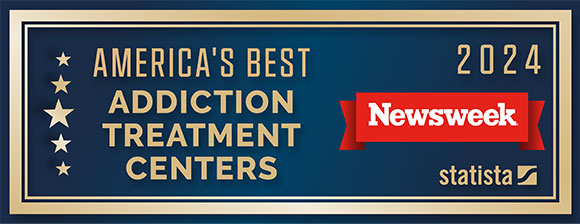Depression and Addiction Treatment in Los Angeles
Oro House Recovery Centers specialize in Depression and Addiction Treatment in Los Angeles and Malibu, California.
Oro House Recovery Centers specialize in Depression and Addiction Treatment in Los Angeles and Malibu, California.
It is no secret that depression is a major epidemic in America. But just how severe is it?
According to research by the National Institute of Mental Health, 4.3% of adults suffered at least one depressive episode in 2016… that’s 10.3 million people, 36% of whom did not seek treatment.
When it comes to adolescents, the treatment statistics are even more discouraging. In 2016, 3.1 million people between the ages of 12 to 17 suffered at least one major depressive episode and 60% of them remained untreated.
The fact that depression can lead to addiction and vice versa is something that cannot be denied. In many cases, it is difficult to distinguish which of these disorders occurred first.


Many people who experience depression turn to substances like alcohol or drugs as a way to cope with the symptoms of chronic sadness, or to dull their emotions.
On the other hand, addiction often leads to depression as substance dependency hijacks the brain’s natural release of dopamine, resulting in a loss of interest and an increased sense of hopelessness.
While many people confuse depression with just a standard case of the blues, the reality is that depression is a chronic disease that persists much longer than just having an “off” week. Depression symptoms are overwhelming and can even lead to physical pain and interfere with normal day-to-day life activities.
When depression and addiction co-exist together, they create an endless cycle that is difficult to break. Having both conditions at the same time is known as a co-occurring disorder.
The physical pain and emotional helplessness that categorize depression can be a catalyst for substance abuse and, in turn, substance withdrawals can lead to an increase of depressive thoughts and feelings.
This is why it is vitally important to treat depression and addiction at the same time.
The comorbidity of these two disorders is a prime opportunity for Dual Diagnosis Treatment to help a person suffering from both addiction and a mental illness to overcome both issues to find lasting recovery.
At Oro House, we understand that recovery is not possible until the contributing factors to addiction are also treated. This is why we offer evidence-based therapies that are effective in treating both depression and addiction.
Our dual diagnosis treatment team of licensed Doctorate and Masters level clinicians is uniquely qualified to treat depression and addiction together.
While the symptoms of depression vary for each person, many individuals experience some combination of the following:
We use a variety of evidence-based treatment modalities that have shown to be extremely effective for treating addiction and depression together. Some of these include:
TMS Therapy is also known as Transcranial Magnetic Stimulation and it works well for treatment-resistant depression when other methods have failed to show progress.
Some people have been prescribed benzodiazepines for depression or other conditions. They can work for a short time, but for long durations, they can be addictive and also cause depression. We use the Ashton Method in these cases because it is the safest and most effective way of tapering off benzos.
In addition to our clinical treatment therapies, we also utilize holistic wellness programs and amenities to heal the whole person.
These programs offer additional lifestyle activities that aid in treating depression such as:
Many of these activities focus on increasing mental clarity and reducing intrusive or negative thought patterns that lead to depression.
In everything we do, it is our mission to provide a thorough treatment for our clients, to give them the greatest opportunity for a full and happy life after recovery from depression and addiction.

At Oro House Recovery Centers, we know it can be difficult to seek treatment for addiction and depression. For more than ten years, we have been helping our clients successfully recover from all forms of addiction and mental health conditions.
We developed our Compassionate Care Model® of treatment because it is an essential part of healing and recovery.
We were named by Newsweek to their Best Addiction Treatment Center in America list in 2020, 2021, 2022, 2023, and 2024.
The Malibu Choice Awards named us the Best Addiction Treatment Center in Malibu, California for three years in a row.
Oro House is Joint Commission Accredited, which is considered the addiction industry’s Gold Standard for safety and client care.
We are licensed by the California Department of Healthcare Services (DHCS), and Legit Script certified, so our clients receive the highest level of safety and effective care.
In addition, we are certified to offer Incidental Medical Services (IMS), which is a supplemental medical oversight service for our inpatient clients in the residential level of care.
Our residential inpatient treatment program can be as short as 30 days, or last for 90 days or more to ensure a successful, lasting recovery from depression and addiction.
After inpatient treatment has been completed, we offer the following for our clients when needed:
We are available at any time to discuss the most appropriate treatment options for each individual